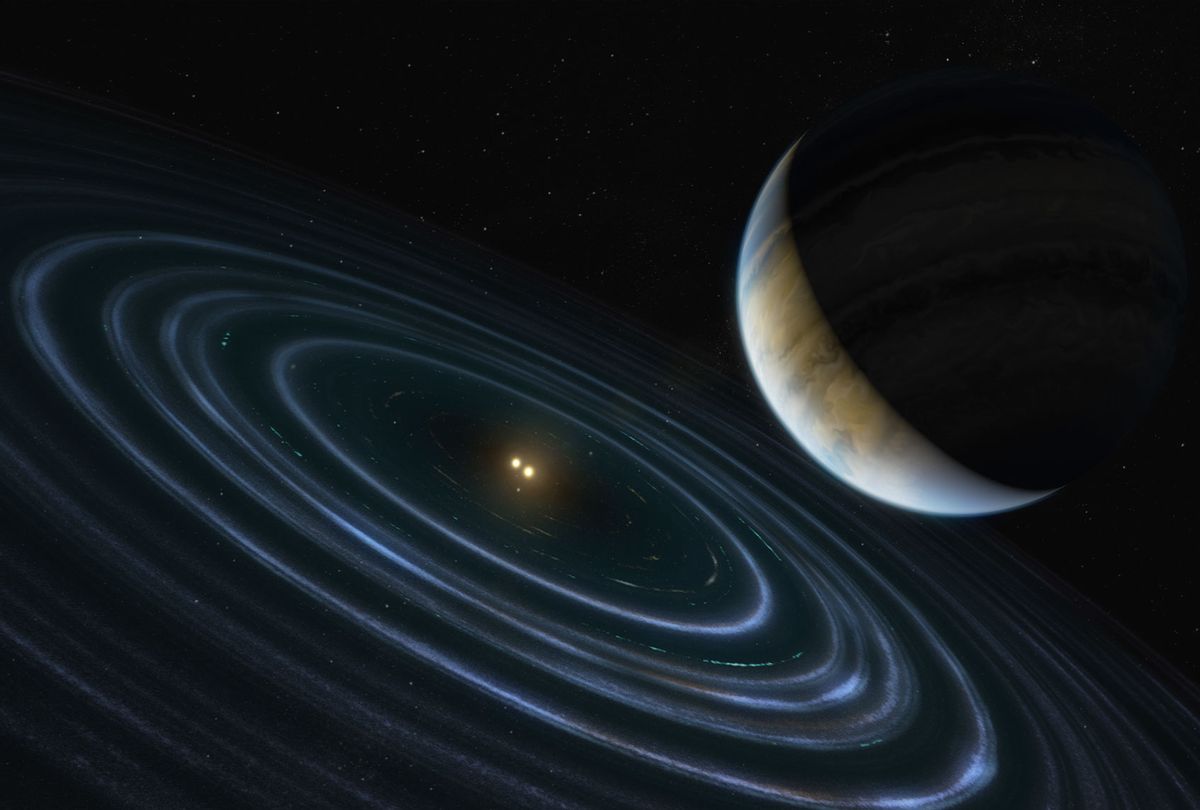
New data reveals the orbital path of Planet nine but, not where it is. Here’s everything on the latest update in the world of astronomy.
Dwarf planets and new planets

As of August 2006, Pluto is no longer a planet and is just a dwarf planet. The International Astronomical Union came to this decision based on Pluto’s size and its location. Apart from Pluto, there are four other dwarf planets-Ceres, Eris, Haumea, and Makemake. Scientists have always been in search of new planets. In 2016, California Institute of Technology’s Michael E. Brown and Konstantin Batygin published a study showing evidence for Planet Nine. Dr. Brown was one of the scientists who played a key role in reclassifying Pluto. In addition to this, he is also the author of the book ‘How I Killed Pluto and Why It Had It Coming.’
“Although we were initially quite skeptical that this planet could exist, as we continued to investigate its orbit and what it would mean for the outer solar system, we became increasingly convinced that it is out there. For the first time in over 150 years, there is solid evidence that the solar system’s planetary census is incomplete,” said Dr. Batygin. Batygin is an assistant professor of planetary science.
What is Planet Nine?

Planet Nine is a giant planet that could have a mass almost 10 times that of the Earth. The planet is supposedly located in the outer region of the solar system. According to the paper, the planet has a mass of 6.2 Earth masses. It also dwells into its inclination, perihelion and, semimajor axis. “The most distant objects that we know in the solar system are being slightly tugged by some gravitational effects; as far as we can tell, the only plausible explanation is a giant planet out there,” said Dr. Brown. The team also published a study understanding the new discover’s orbit and its influence on other objects around it.
“Five and a half years after our proposal of the existence of Planet Nine, we have finally accomplished what is perhaps the most important task in aiding the search: we now know where to look,” mentioned Dr. Brown in his blog post. He also tweeted that he had the treasure map to find this unknown member. “It is more likely to be at its most distant point from the sun, but only because it travels more slowly there. But this is where you should be looking,” tweeted Dr.Brown.
However, they do not have a lot of idea on how this planet was formed. “Our best guess is that it formed in the vicinity of Uranus and Neptune and eventually got too close to Jupiter or Saturn which flung it out into the outer reaches of our solar system,” explained Dr. Brown.






